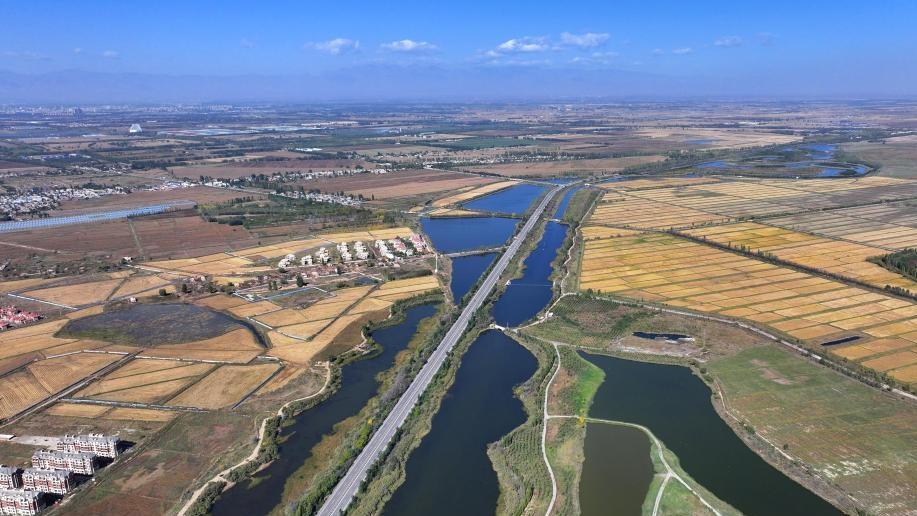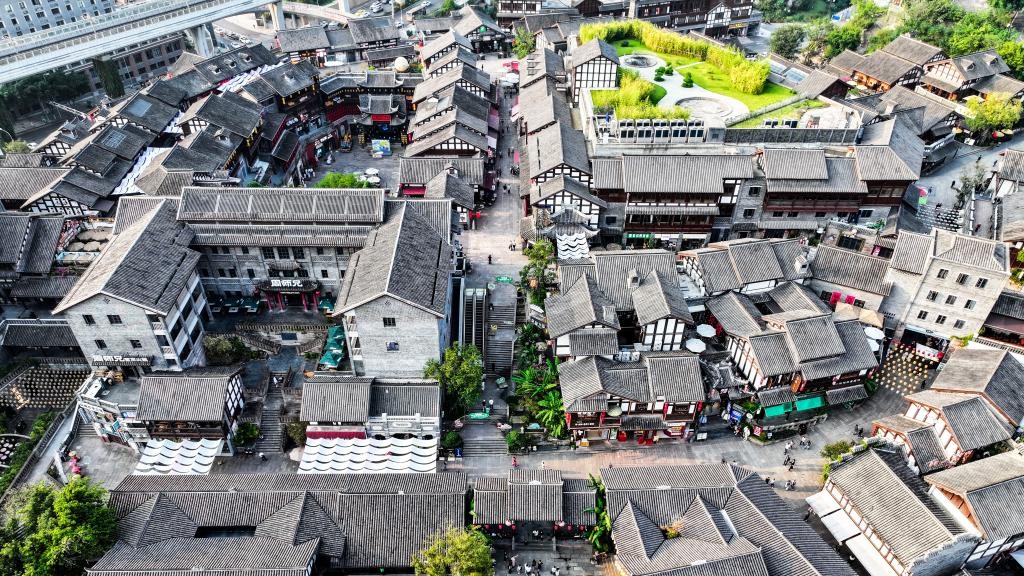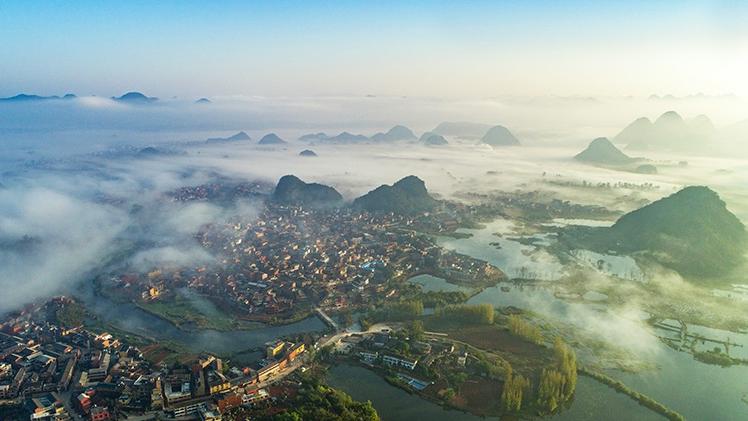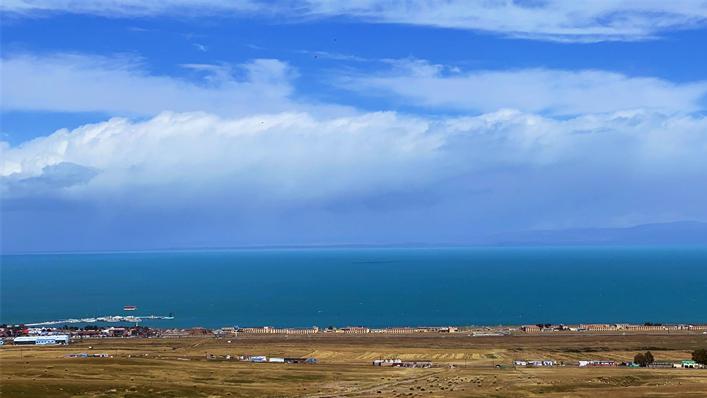Slow train provides convenient, considerate services for people gathering resources in mountains in Heilongjiang, NE China
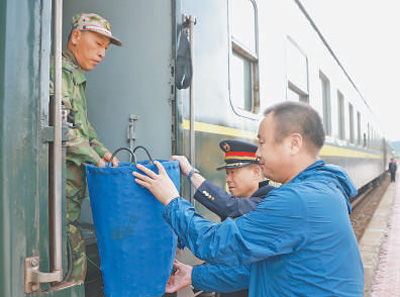
A staff member helps a passenger board a slow train in northeast China's Heilongjiang Province. (Photo/Xu Shuai)
Since its inception 48 years ago, the slow train 6245/6246, which runs between the Jiagedaqi district of Daxing'anling prefecture and Gulian township of Mohe city in northeast China's Heilongjiang Province, has facilitated nearly 1 million passenger trips. It has emerged as a crucial mode of transportation for the local community and one of the most accessible passenger trains for people heading for the Greater Khingan Mountains to harvest resources.
One late September morning, the train left Jiagedaqi railway station, transporting passengers bound for the Greater Khingan Mountains to explore resources in the area. Among them were Chen Weiming and his wife, who came from Guizhou Province in southwest China.
Chen and his companions boarded the train for the first time 20 years ago. Back then, the train relied on burning coal for heating, leading to coal dust in the cabins. Due to the wind blowing from all directions, passengers had to fasten their clothes tightly to stay warm. Three years ago, the train was upgraded with an air-conditioning system and equipped with sleeping berths, providing a clean and comfortable environment, he recalled.
Yu Zhanwu, the conductor, has formed numerous friendships on the train. "I'm pleased to witness how their lives have improved," remarked Yu.
As railway infrastructure continues to improve and the forest economy undergoes transformations in the region, a robust industrial chain focused on mountain specialty products is emerging. This chain now includes activities such as harvesting, purchasing, processing, and sales. Farmers are collaborating with individuals who venture into the mountains to gather resources, establishing plantations and processing facilities. Freshly picked specialty products from the mountains are now transported to the outside world via trains.
In one train cabin, a bustling area is set up for selling specialty products, where passengers can easily browse and make purchases. Yu explained that this setup not only saves time for sellers but also provides them with additional sales opportunities.
Between two cabins, tools for collectors are conveniently placed, allowing passengers to deposit or retrieve their items with a tag. A QR code and job recruitment notice are posted on the wall in this area, and the recruitment information is gathered by train staff during their days off and displayed on the train. Yu mentioned that a group chat has been created to enhance communication between collectors and merchants.
In addition to the title of "Mountain Foraging Special Train," this train also has a nickname—"Little Slow Slow." This is because, although it covers a one-way distance of 492 kilometers, it takes 11 hours to complete the journey. "The train stops at stations and boarding points such as Tahe, Xiufeng, Pangu, and Mohe. There are many stops and long halts, which slow down the speed," said Yu.
The train pulled up at Bizhou station. Strangely, there was no platform or station sign; only a single mountain forager was waiting. The attendant skillfully helped him aboard, and the train once again began to clatter with its "clang-clang" sound.
"There are very few residents in the surrounding area, it's just a boarding point. There are six such boarding points along the line," explained Yu. "Even if a boarding point is not marked on the map, the train will still stop. The mountain foragers can gather about 30 to 35 kilograms of goods in a day, which is quite heavy to carry. We set up these boarding points to make things more convenient for them."
The train may take a long time to complete its journey, but it gives batch after batch of foragers a lift on their path to prosperity.
Photos
Related Stories
- Nearly 1,000 lost identity cards collected by train station in South China during holidays
- China completes trial run of unmanned heavy-haul train on major coal transport route
- Fuxing bullet train becomes 'school train' for students from mountainous areas in SE China's Fujian
- China launches bullet train service to UNESCO heritage site Jiuzhai Valley
- Regular freight train links Chongqing, Hong Kong
- "Panda train" in China brings new travel experience to tourists
- Hitting 10,000 trips in less than 200 days, China-Europe freight train service witnesses accelerated development
- In pics: Slow train adds new vitality to rural revitalization in NE China's Jilin
- Beijing launches regular freight-train service to Europe
- Carbon fiber subway car launched in China's Qingdao
Copyright © 2024 People's Daily Online. All Rights Reserved.






